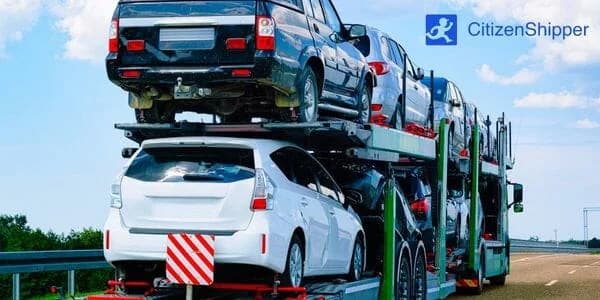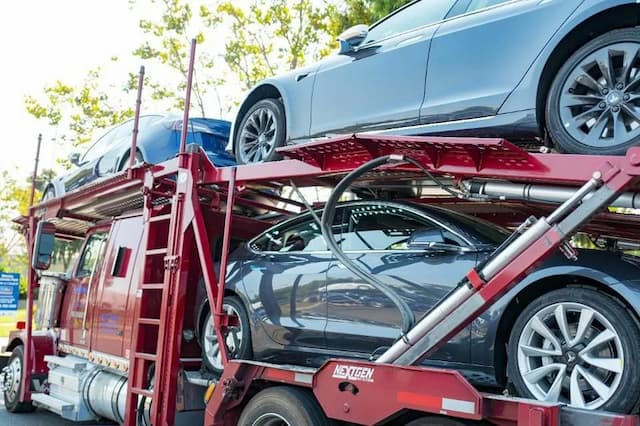Navigating Car Transport in Atlanta, GA
When it comes to shipping your car in Georgia, there's a world of factors to consider. Georgia, with its diverse landscape from mountains to coastline, varying weather patterns, and Atlanta's notorious traffic challenges, presents a distinct set of circumstances. But don't worry! Here at CitizenShipper, we are committed to helping you navigate through it all. Whether you're moving into or out of Atlanta or need to transport your car for any reason, our expert team is here to help.
Georgia's Vehicle Transportation Laws & Regulations
In Georgia, car transportation laws and regulations are in place to ensure the safety and preservation of all vehicles and public roadways. Auto transporters must adhere to the Federal Motor Carrier Safety Administration (FMCSA) regulations for safety. Compliance involves ensuring that all vehicles are properly secured during transport and maintaining necessary documents for every shipped vehicle.
All auto transporters operating in Georgia must also possess an active MC Docket number, issued by the FMCSA. This number signifies that a transportation company is registered under the federal government, allowing them to legally operate across state lines. Additionally, Georgia requires transporters to carry proper insurance coverage and may have specific route restrictions for oversized vehicles, particularly around Atlanta's busy interstate system.
Weather & Terrain Considerations in Atlanta, GA
Weather patterns in Atlanta, GA have a significant impact on car shipping. With a humid subtropical climate, anticipate hot, humid summers with temperatures frequently exceeding 90°F and mild, but occasionally unpredictable winters. While snow is rare, ice storms can occur and severely impact road conditions. Spring and fall bring the risk of severe thunderstorms and occasional tornadoes, which can delay transport schedules.
Atlanta's terrain features rolling hills and numerous elevation changes throughout the metro area. The city is situated at the foothills of the Appalachian Mountains, creating some challenging routes for auto transporters. These geographical variations, combined with Atlanta's infamous traffic congestion (consistently ranked among the worst in the nation), can present shipping challenges. It's beneficial to plan ahead and account for possible delays, particularly during rush hours or when weather events impact the extensive interstate system that converges in the city.








